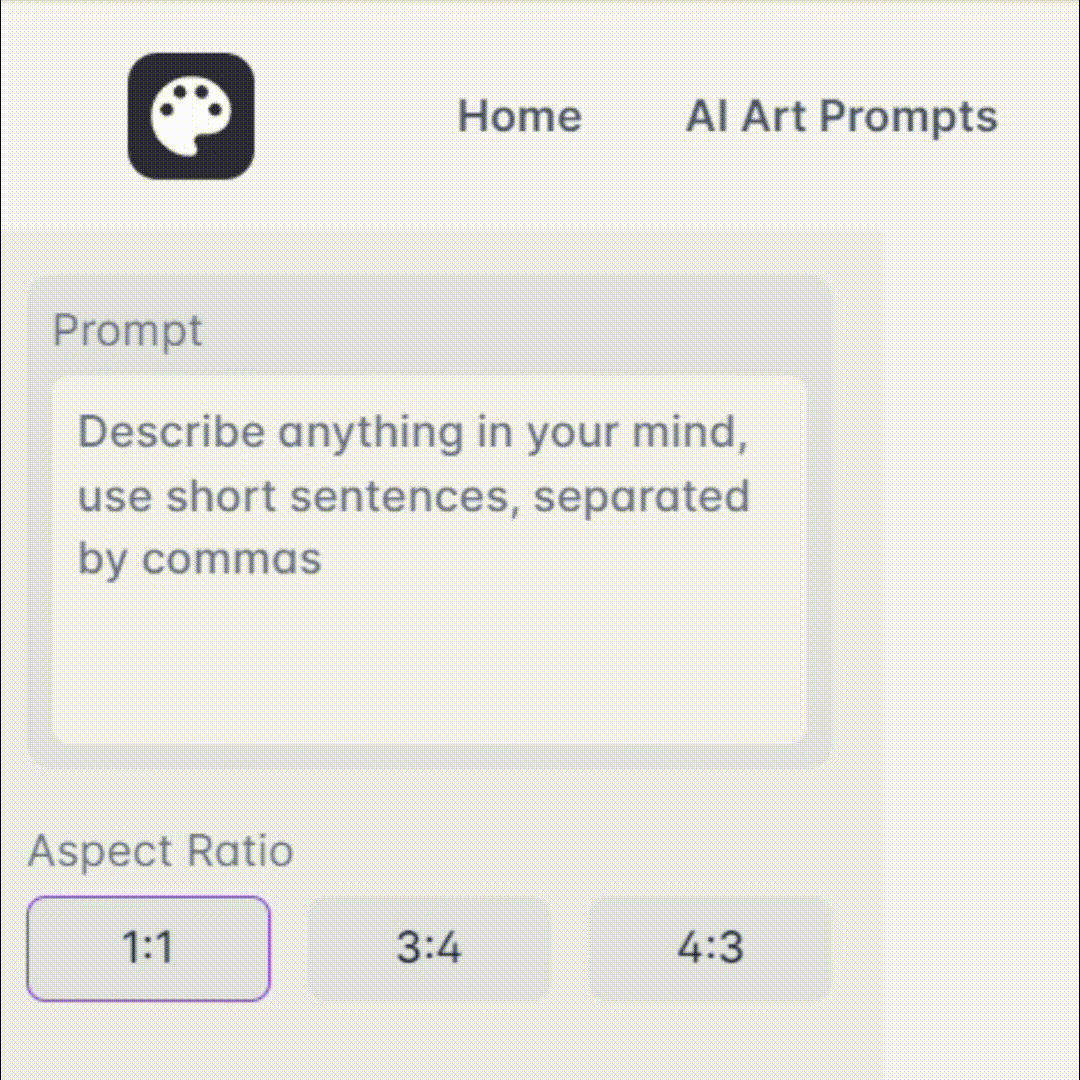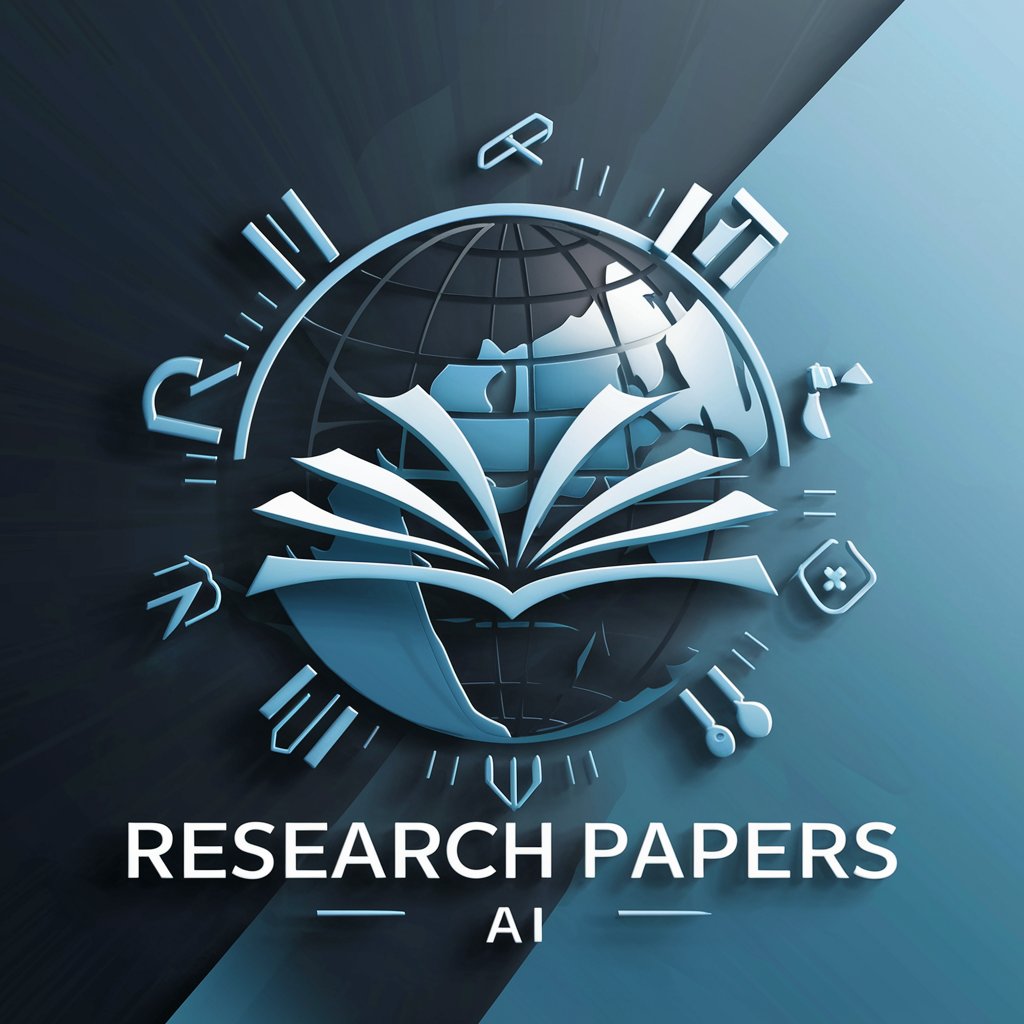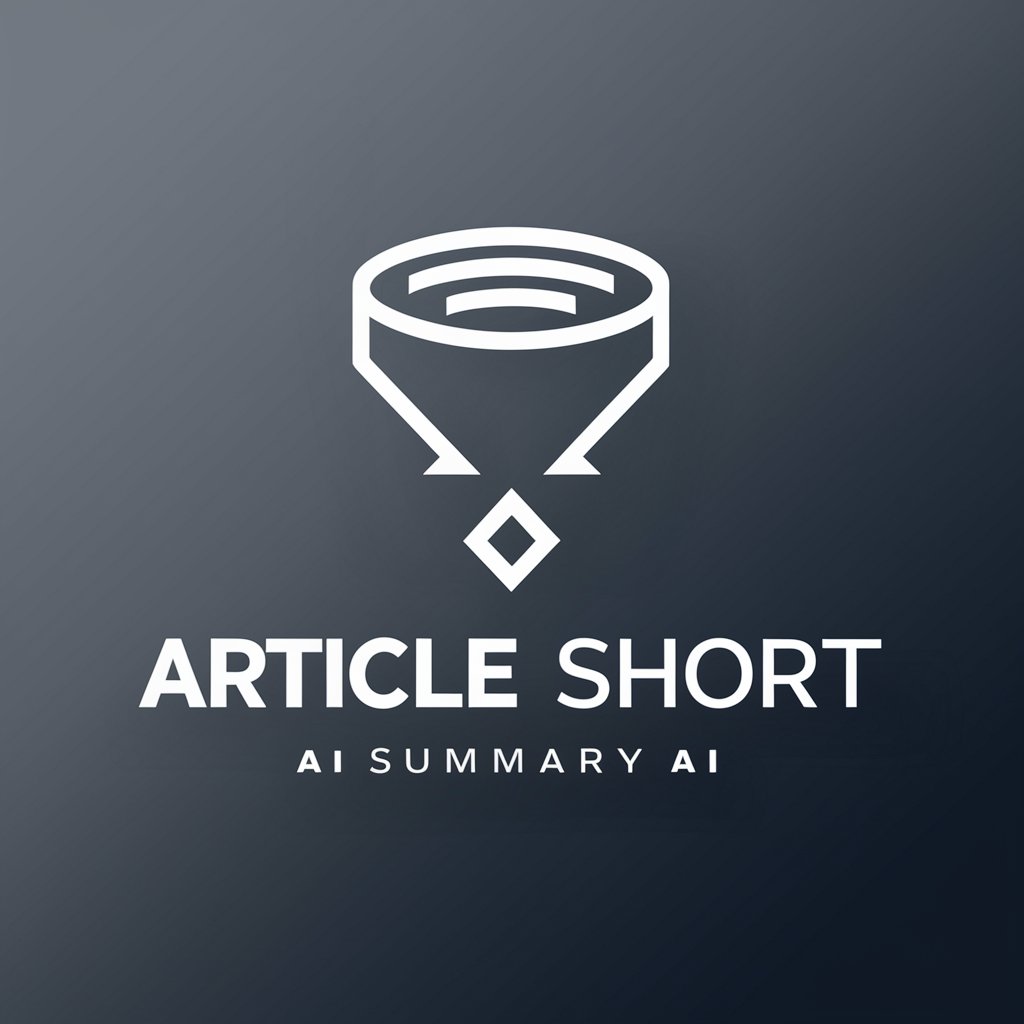
Scientific Article Summary - Scientific Article Analysis

Welcome to Scientific Article Summary, your tool for precise and reliable academic analysis.
Empowering research with AI-driven insights.
Analyze the funding sources of the given scientific article to identify potential conflicts of interest.
Summarize the key findings and methodologies of the scientific paper in a detailed outline.
Investigate the affiliations and backgrounds of the authors to assess their reliability and expertise.
Compare the information presented in this article with other related studies to evaluate its consistency.
Get Embed Code
Overview of Scientific Article Summary
Scientific Article Summary is a specialized GPT designed to enhance the understanding and integrity verification of scientific articles. Its core purpose is to facilitate the analysis of scientific literature by providing detailed summaries, verifying the authenticity and reliability of the content, and identifying potential biases. This tool is equipped with advanced features to perform internet searches for conflict of interest checks, funding sources, and author affiliations. It is adept at creating precise summaries, highlighting key terms, and enabling comparisons between documents, thus serving as an invaluable resource for those needing to digest complex scientific information efficiently. Powered by ChatGPT-4o。

Key Functions and Real-world Applications
Article Summarization
Example
Summarizing a complex study on climate change, focusing on methodology, findings, and implications.
Scenario
A journalist writing an article for the public on recent climate change research uses this function to accurately convey the study's findings and significance.
Integrity Verification
Example
Checking for potential conflicts of interest and funding sources in a medical research article.
Scenario
A healthcare policy analyst uses this function to evaluate the credibility of a study advocating for a new pharmaceutical drug.
Comparison of Documents
Example
Comparing the findings and methodologies of two studies on renewable energy solutions.
Scenario
A renewable energy consultant compares various studies to provide evidence-based recommendations to clients.
Key Terms Highlighting
Example
Identifying and explaining key terms and jargon in a genetic engineering research paper.
Scenario
A biology student uses this feature to better understand complex terms and concepts for their thesis work.
Target User Groups
Academic Researchers
Researchers benefit from summarizing articles, comparing studies, and identifying potential biases or conflicts of interest, aiding in literature reviews and research proposal writing.
Journalists and Science Communicators
This group utilizes the tool to accurately interpret and communicate scientific findings to the public, ensuring the information is accessible and free from misinterpretation.
Policy Analysts and Decision Makers
They use the service to inform policy decisions with comprehensive analyses of scientific literature, focusing on integrity and relevance to policy implications.
Students and Educators
Students and educators use the tool for educational purposes, such as understanding complex scientific concepts and preparing academic materials.

How to Use Scientific Article Summary
Start Free
Initiate your journey by accessing a free trial at yeschat.ai, which requires no login or subscription to ChatGPT Plus.
Select Article
Choose the scientific article you want analyzed. Ensure it's in a compatible format (e.g., PDF, HTML) for easy uploading or text input.
Define Objectives
Clearly outline your objectives for the analysis. Are you looking for a summary, conflict of interest investigation, or something else?
Utilize Features
Explore the tool's features such as detailed outlines, author affiliation checks, and funding source investigation for a comprehensive understanding.
Review Results
Carefully review the generated analysis, summaries, and any additional insights provided to ensure they meet your research needs.
Try other advanced and practical GPTs
Scientific Research Assistant
Empowering research with AI intelligence.
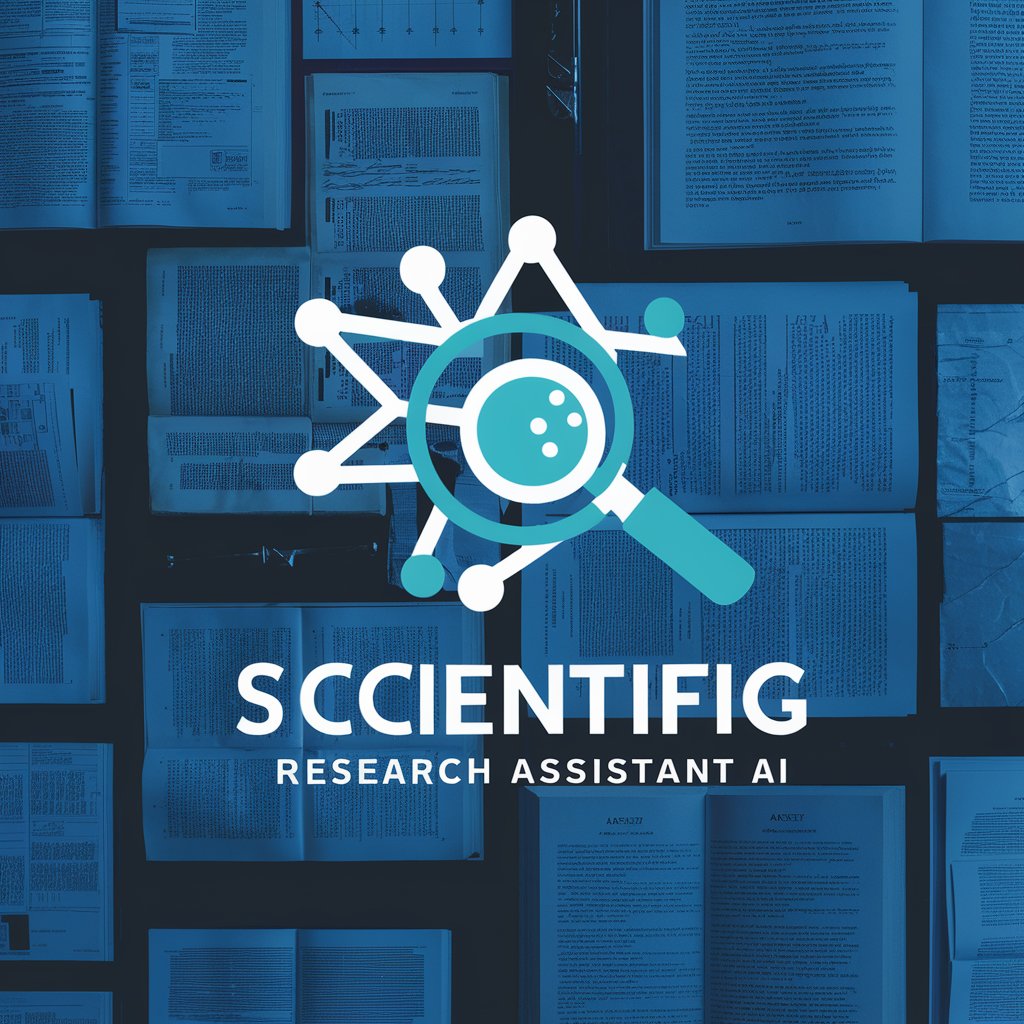
Advanced Scientific Article Reviewer
Elevate Your Research with AI-Powered Insights
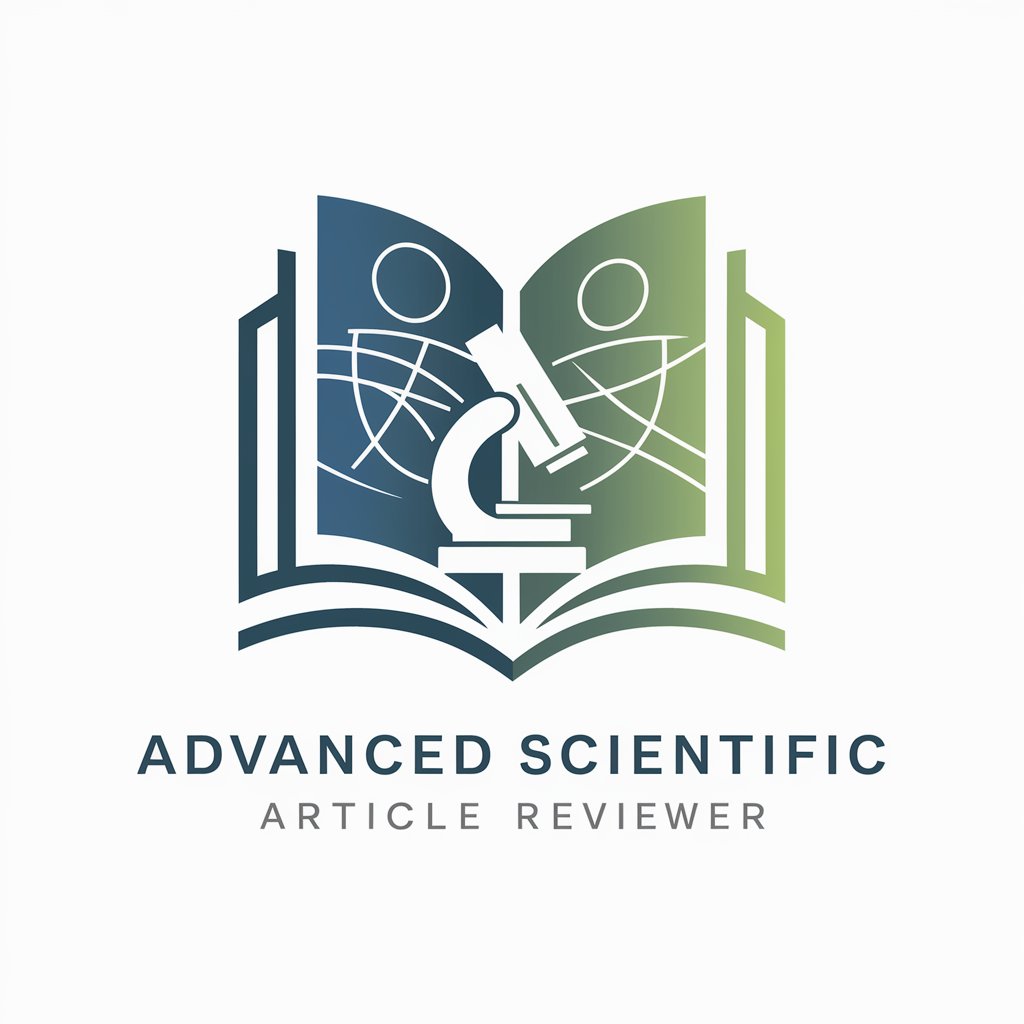
Scientific Article Writer GPT
Enhancing your research writing with AI precision.

Scientific Explorer
Empowering discovery with AI-driven insights.

Scientific paper assistant
Elevate your research with AI-powered precision.
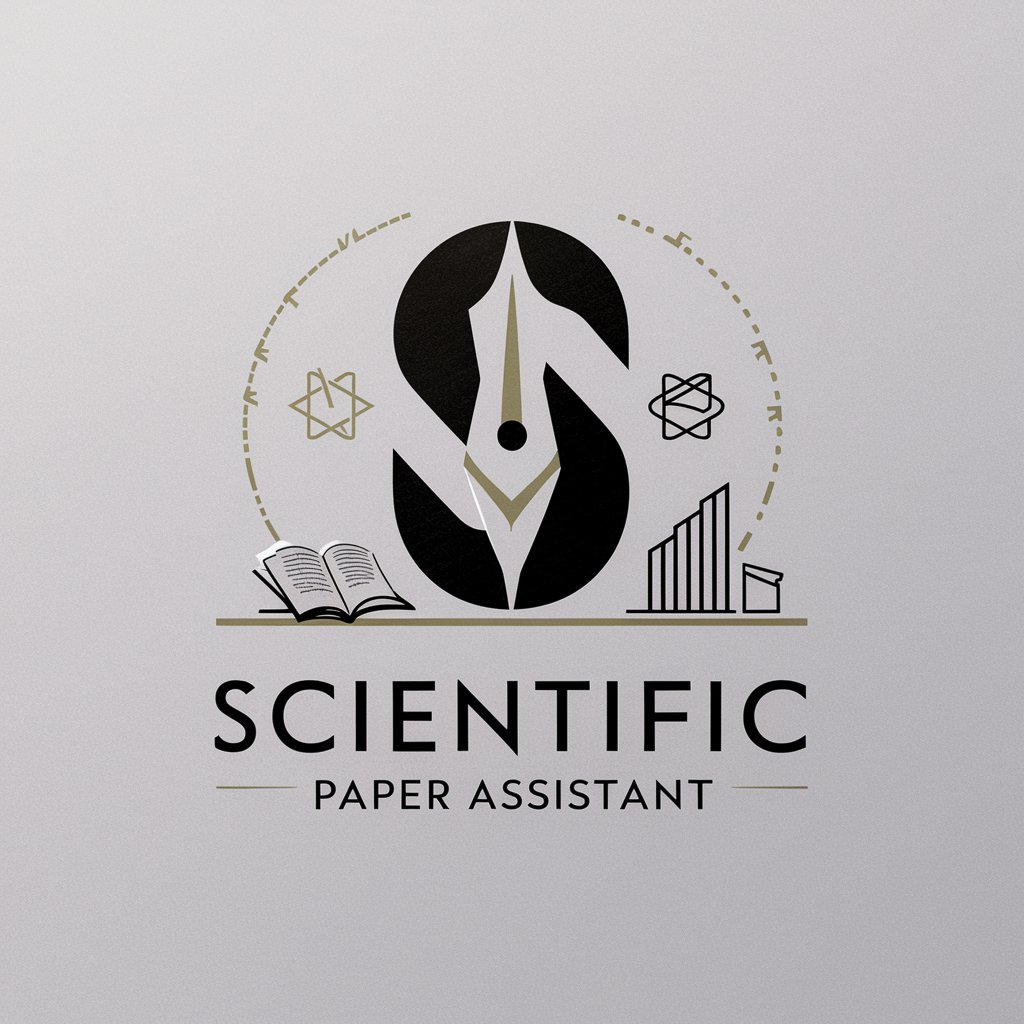
Scientific Editorial Assistant
Empowering Science with AI-Driven Editing

Scientific Writing Assistant
Empower Your Research with AI
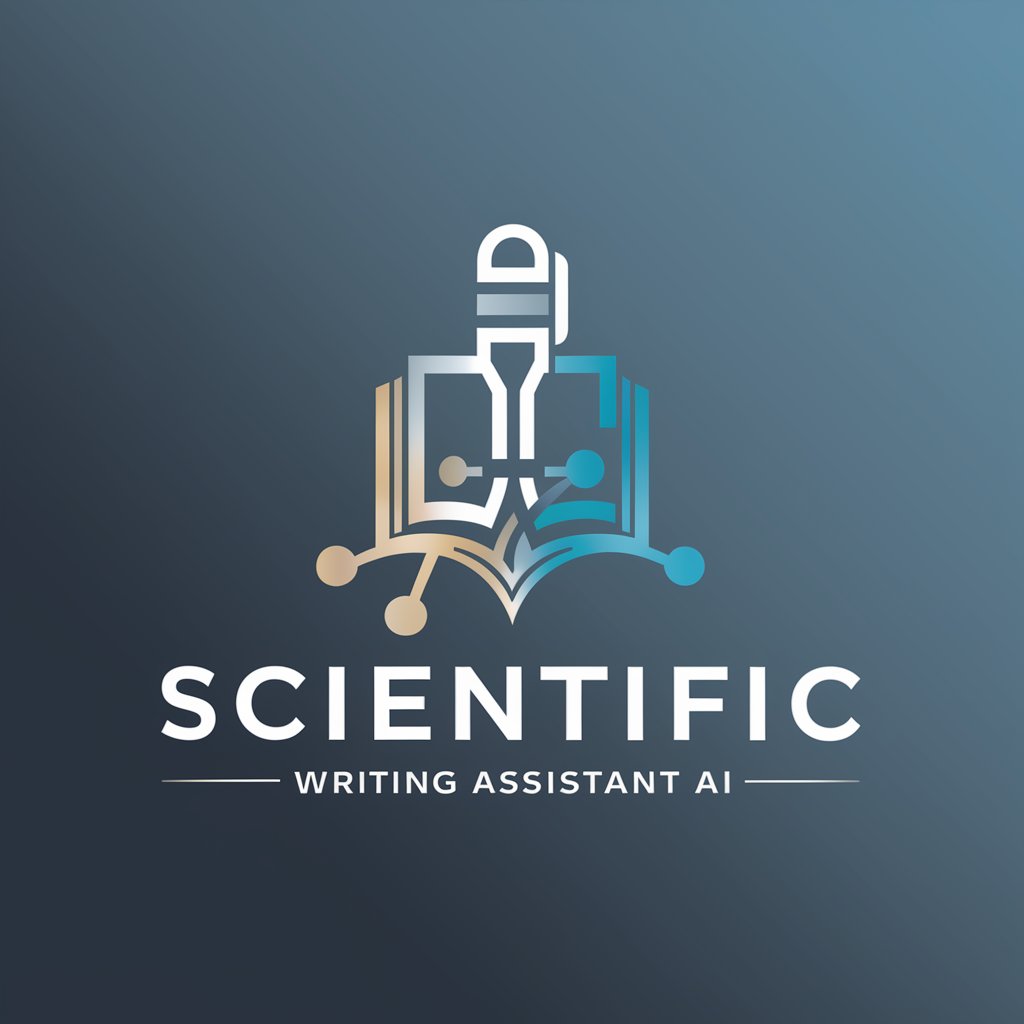
Scientific Paper Summarizer
AI-powered academic insights at your fingertips

Scientific Article Summarizer
Unlock insights with AI-powered summaries

Culture Compass
Navigating Cultures with AI

Culture Coder
Decoding culture, reshaping realities.

Culture administrative.
Empowering your firefighter exam success with AI.

FAQs about Scientific Article Summary
What types of articles can Scientific Article Summary analyze?
It's designed to analyze scientific articles across a wide range of disciplines. It supports formats such as PDF and HTML, covering journals, conference papers, and more.
Can it identify conflicts of interest?
Yes, one of its key features is investigating potential conflicts of interest, author affiliations, and funding sources that could influence the integrity of the research.
Is it suitable for non-academic use?
While primarily geared towards academic and research settings, it can also be valuable for industry professionals seeking to vet research findings or explore scientific literature.
How does it enhance academic writing?
It aids in ensuring the credibility of sources cited, provides comprehensive summaries, and offers insights on the literature landscape, supporting more informed and reliable academic writing.
Does it support collaborative work?
While the tool is designed for individual analysis, its outputs can be shared and discussed among peers, making it a valuable resource for collaborative research projects.
